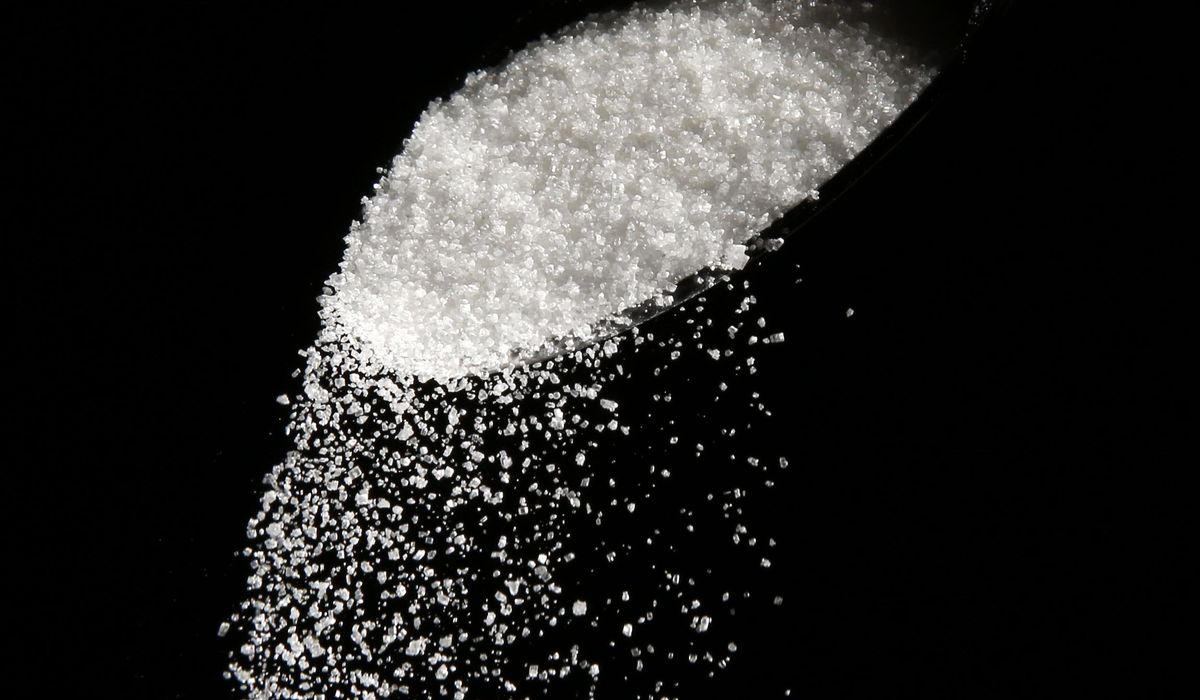


A panel of experts convened by the Healthy Eating Research program have released new beverage guidelines for kids and teens recommending they avoid caffeinated and sweetened drinks altogether.
HER is a program funded by the philanthropic Robert Wood Johnson Foundation. The experts were drawn from the American Academy of Pediatrics, the American Academy of Pediatric Dentistry, the American Heart Association and the Academy of Nutrition and Dietetics.
On Wednesday, they put out a three-category set of recommendations for what people ages five to 18 should drink. Plain pasteurized milk and water are the most recommended, while 100% juice and flavored milks should be limited, the experts said.
Outside of allergy and dietary reasons, the experts said plant milks should also be limited due to added sugars and sweeteners. Drinks with caffeine, sugar or non-sugar sweeteners should be avoided outright.
“[With] so many drink products on the market right now, it can be hard for families to figure out what’s healthy and what’s not. These recommendations provide a gold standard based on the latest research and can serve as goals that families work toward together,” Duke University Global Health Institute researcher and HER deputy director Megan Lott said in a release from the school.
The panel said that caffeine intake can cause poor sleep, increased blood pressure and mental health issues in children, and can also help raise sugar intake since many caffeinated beverages also have sugar or other sweeteners.
The Food and Drug Administration does not have any guidelines for safe caffeine intake for kids, though the recommended safe daily intake for adults is 400 milligrams.
The HER guidelines noted that some beverages, mainly energy shots and energy drinks, can have hundreds of milligrams of caffeine per container.
The member companies of the American Beverage Association, including the Coca-Cola Company, Keurig Dr. Pepper, PepsiCo, Red Bull and Monster, do not market energy drinks to children and have labeling on the container detailing how much caffeine is in a drink.
The energy drinks made by these companies also have warning labels explaining that they are not recommended for children or women who are pregnant or nursing, per guidelines the trade organization adopted in 2014.
• Brad Matthews can be reached at bmatthews@washingtontimes.com.
